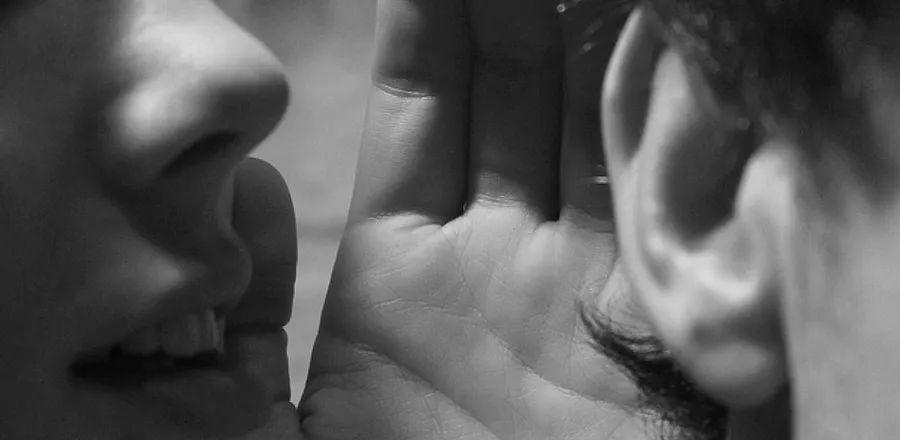12 English Words That Have Awkward Meanings in Other Languages

The term for everyday English words that unintentionally resemble offensive words in other languages is known as "false friends."
During my early days of teaching English at a small academy near Barcelona, I was puzzled by the kids' giggles whenever I mentioned something being cool or discussed their pets.
I later discovered that in Catalan, the word cool is almost the same as cul, meaning rear end, while pet is pronounced and spelled just like the Catalan word for flatulence. This led to plenty of giggles when I spoke about cool pets.
Ironically, I often react the same way. In Catalan, fart translates to sick, as in being fed up with something. Even though I try to empathize when someone shares their frustration, I can't help but chuckle when I hear it used.
Before your next adventure, as you review essential foreign language terms like "hello," "goodbye," "please," and "thank you," spend a few extra moments learning about English words to avoid when traveling or in multilingual settings. At the very least, you'll understand why that group of kids (or the charming person at the coffee shop) is laughing.
Continue reading for a beginner’s guide for English speakers on words to be cautious of—and their contexts.
1. Siri in Japan
This isn't likely to make you any enemies, but it's helpful to know. Siri—the digital assistant that helps with random facts—translates to “尻 (shiri)” in Japanese, which means butt.
2. Pitch in Türkiye
In formal meetings or during negotiations at a Souk, avoid referring to a proposal or offer as a pitch—the term is too similar to the Turkish word piç, which means bastard or mongrel.
3. Shabby in China
Be cautious with this word if you’re chatting in China. In Mandarin, it sounds like 傻屄 (shǎ bī), which is a derogatory term for female genitalia, often used in a very offensive manner.
4. Kiss and kiss her in Sweden
These phrases closely resemble the Swedish word kissa, which has nothing to do with affection—it actually means pee.
5. Lull in Holland
The word Lull sounds and looks very similar to lul in Dutch, which translates to male genitals. This sheds light on why you’d want to avoid discussing a "lull in business" during your presentation.
6. Puff in Germany
In German, puff isn’t just a fluffy pastry or a puff of smoke; it’s actually slang for a brothel.
7. Payday in Portugal
Even if you're thrilled that it's the end of the month and your bank account is about to get a boost (even if just for a moment), you might want to reconsider shouting about payday from the rooftops in Portugal. It sounds too much like peidei, which translates to "I passed gas" in Portuguese.
8. Cookie in Hungary
To avoid any awkward moments at the bakery, think carefully before ordering a cookie in Hungarian bakeries (and not just because you should try local delicacies like rétes and bejgli strudels). The name for America’s beloved treat sounds just like koki in Hungarian, which refers to a small male member, if you catch my drift.
9. Face in France
Interesting tidbit: Although the spelling differs, the French word for rear end, fesse, is pronounced the same as face. To avoid any confusion while discussing your face, don't forget to use gestures.
10. Preservatives in France
Be cautious when asking locals about preservatives in their food. While it’s not a vulgar term, you might either receive a puzzled look or elicit laughter due to the awkward image you've conjured. In French, préservatif means condom.
11. Pick in Norway
In Norway, opt to choose or select instead of saying pick. The reason? Because pick sounds far too similar to the Norwegian word for male genitals, pikk.
12. Salsa in Korea
If you're craving a burrito while in Korea, try to avoid discussing salsa in public or group settings. Instead, consider referring to it as "picante" or "sauce" during your stay. The word salsa sounds like seolsa, which means diarrhea in Korean.
Bonus Tip: Each variant of English has its unique slang. For instance, Americans visiting the United Kingdom should be cautious when using the term fanny—while it may refer to the backside in U.S. English, in British English, it’s an offensive term for women’s private parts. Similarly, the word poof—whether you encountered it in Monty Python or Bridget Jones’s Diary—is a derogatory term for gay individuals that you should avoid in Britain, New Zealand, and Australia.
This article was originally published online in 2017 and was most recently updated on January 17, 2024, to reflect current information. Erika Owens contributed to this article.

1

2

3

4

5
Evaluation :
5/5